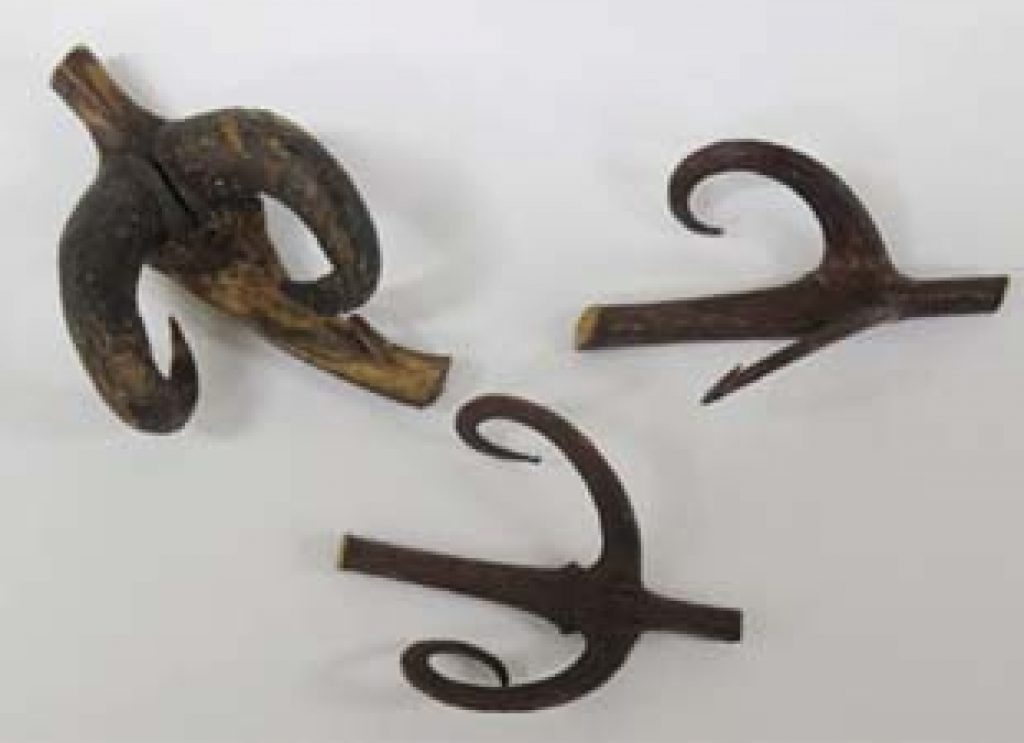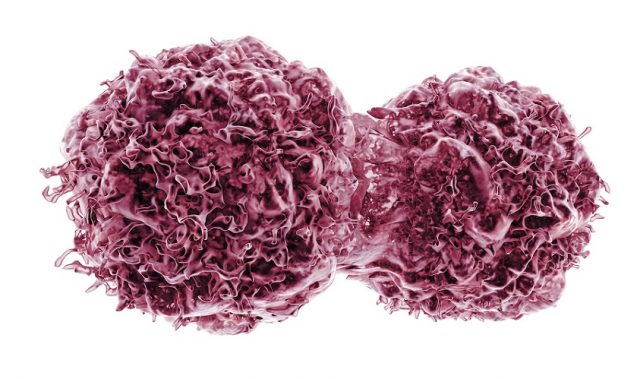
AsianScientist (Jul. 23, 2011) – A pilot clinical study in Hong Kong has found the Chinese herbal medicine Uncaria rhynchophylla (Gouteng), or prescriptions containing Gouteng, to be effective in treating Parkinson’s disease.
Researchers at the Hong Kong Baptist University (HKBU) School of Chinese Medicine, led by Associate Professor Dr. Li Min, have applied for a U.S. patent for this research result, and will soon start the second phase of the clinical study with a US$70,000 research grant from the Food and Health Bureau of the Hong Kong SAR Government.
The researchers identified an active compound Isorhynchophylline (IsoRhy) in the Chinese herb Uncaria rhynchophylla as a potential neuronal autophagy inducer that promotes the clearance of the pathogenic protein alpha-synuclein in the neurons of Parkinson’s patients. This unique property of IsoRhy could contribute to the therapeutic action of Uncaria rhynchophylla.
Based on earlier pharmacological research, Li’s team conducted a pilot clinical study on the efficacy of a Chinese medicine prescription, JWLJZT, which contained Uncaria rhynchophylla (Gouteng), Codonopsis pilosula (Dangshen), Poria cocos (Fuling), Atractylodes macrocephala (Baizhu), and Glycyrrhiza uralensis (Gancao).
From 2007 to 2009, researchers observed the therapeutic efficacy of JWLJZT on 47 patients aged from 50 to 74 years old who had been suffering from the disease for 18 months to 11 years, and who had been taking the same type of Western medicine.
During the 24-week clinical research period, patients continued to take the same dosage of Western medications. Among them, 22 also took JWLJZT and the other 25 took a placebo.
The study revealed that patients who had received the Chinese medicine treatment showed improved communication skills and reduced non-motor symptoms such as depression, anxiety, sleeping difficulties, constipation, and poor appetite. In addition, no obvious side effects were found in both groups during the study period.
“They provide not only pharmacological proof of the efficacy of Gouteng in treating Parkinson’s disease, but will also help promote the effectiveness and safety of Chinese medicine to the international medical arena,” Li said.
The department has already begun inviting Parkinson’s disease patients aged between 18 and 80 to participate in a 40-week, second phase clinical research trial.
—–
Source: Hong Kong Baptist University.
Disclaimer: This article does not necessarily reflect the views of AsianScientist or its staff.












